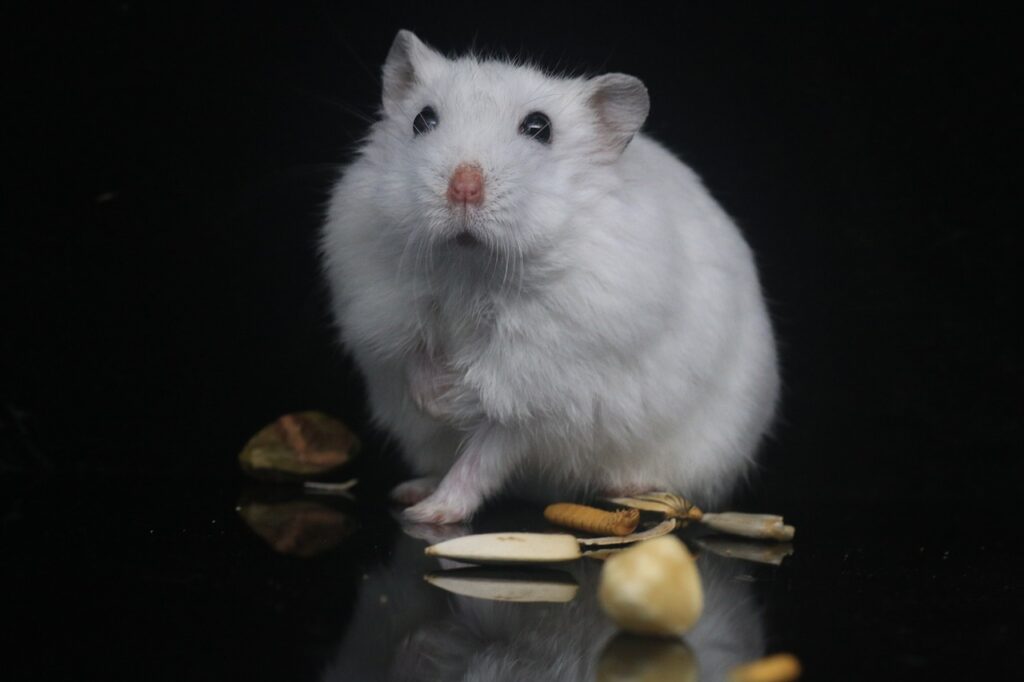Can Hamsters Eat Parsley — Exploring the Nutritional Benefits
Parsley, a common herb found in most households, can be a delightful addition to your hamster’s diet. Not only does it provide a burst of flavor, but it also offers several nutritional benefits that can contribute to your furry friend’s overall wellbeing.
The Nutritional Advantages of Parsley for Hamsters
Parsley is packed with essential vitamins and minerals that are beneficial for hamsters. One of the key nutrients found in parsley is vitamin C, which plays a crucial role in supporting a healthy immune system and can help prevent illnesses in your pet. Additionally, this herb contains vitamin K, which aids in proper blood clotting and supports bone health.
Furthermore, parsley is a rich source of antioxidants that can protect your hamster’s cells from damage caused by harmful free radicals. These antioxidants promote optimal health and may even contribute to longevity in your beloved pet.
Parsley — A Recommended Addition to Your Hamster’s Diet
Introducing parsley into your hamster’s diet can be done in moderation. Offering a small amount, such as a teaspoonful, two to three times a week is generally safe and beneficial for your pet. However, it is important to remember that parsley should not be the sole component of their meals but rather a supplement to their regular diet.
By incorporating parsley into their diet, you can provide your hamster with a tasty treat while also enriching their nutritional intake. Variety is key, so make sure to offer a balanced mix of fresh vegetables, pellets, and hay, in addition to parsley.
Potential Cautions When Feeding Parsley to Hamsters
Despite the many benefits, there are a few precautions to consider when offering parsley to your hamster. First, always ensure that the parsley you provide is fresh and free of pesticides. Washing it thoroughly before serving is also crucial to remove any potential traces of harmful chemicals. Additionally, moderation is important as overfeeding parsley can lead to digestive issues, such as bloating or diarrhea. Always monitor your hamster’s response and adjust the quantity accordingly.
Can Other Pets Safely Enjoy Parsley?
Parsley can also be enjoyed by other pets, such as rabbits and guinea pigs, in moderate amounts. However, it is essential to research each specific pet’s dietary requirements and consult with a veterinarian to ensure the food is suitable for them.
Conclusion
In conclusion, parsley can be a nutritious and flavorful addition to your hamster’s diet. Its high vitamin content, antioxidant properties, and overall health benefits make it a valuable ingredient in your pet’s meal plan. Remember to use parsley as a supplement rather than the main component of their diet, and always practice responsible feeding by ensuring freshness, moderation, and a well-rounded mix of nutrients. By following these guidelines, you can provide your hamster with a balanced and enjoyable dining experience.






